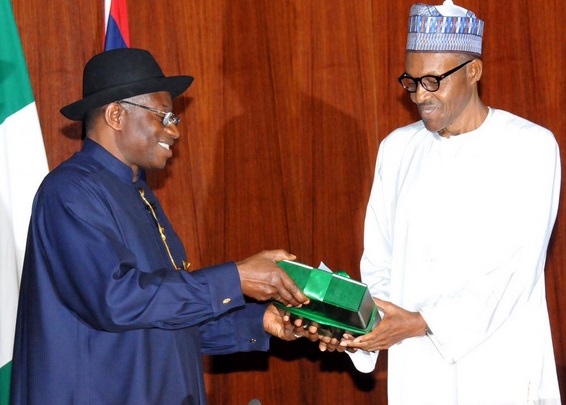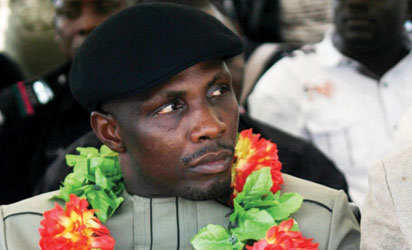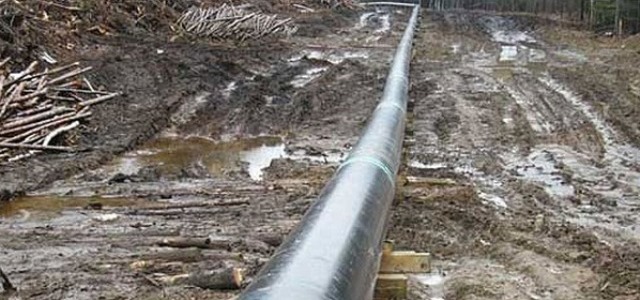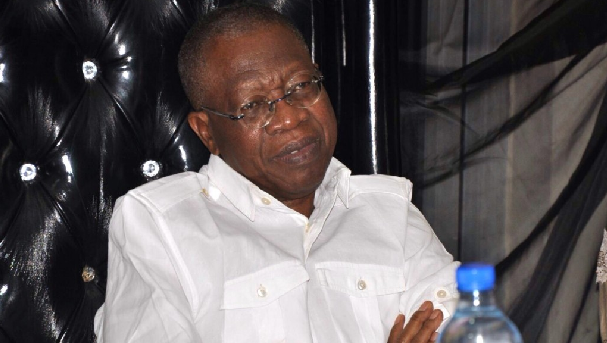BY JOACHIM MACEBONG
Something significant happened in Germany’s electricity sector on Sunday, May 8, 2016. Consumers had to be paid to use electricity. Power prices were negative for several hours on that day, because their renewable energy was producing 55GW of the 63GW being consumed in the country at that time, in addition to other sources.
It was just the latest milestone in Germany’s shift to renewables, and the country aims to be 100% renewable energy dependent by 2050. It’s not just the Germans, either. On July 9, 2015, Denmark’s wind turbines supplied energy in excess of local demand, causing the surplus to be exported to neighbouring countries. Right now, their wind turbines generate more than half of the electricity consumed by the country.
In South Africa, 47 renewable energy power projects will come online by July, bringing 7,000 MW into the power grid, with plans to bring it up to 17,800 MW by 2030.
In 2015, China installed 32.5 GW of wind power and 18.3 GW of solar power, and they are projected to install 22 GW of wind, 16GW of new hydro, another 6GW of nuclear, and 18GW of solar this year. Even though on paper, fossil fuels still account for the majority of energy sources, their share of energy production has begun to recede in recent years. In addition, there is a slowdown on new coal plants becoming operational.
Advertisement
In the US, the declining relevance of coal has even become an issue in the current election cycle, with Presidential Candidate Hillary Clinton coming under fire for suggesting that states like West Virginia, built on coal mining, need to transition to renewable energy as a result of the reality of climate change. The world’s major energy consumers are moving toward renewable energy.
All these developments have particular relevance to Nigeria as it charts its own path out of energy poverty. That Nigeria needs energy to drive its economic development is barely worth repeating, but the issue is how this energy will be sourced.
It used to be the case that renewable energy sources were seen as too expensive relative to cheaper fossil fuels. That argument is increasingly difficult to make. Let us take just two renewable energy sources, solar and wind power.
Advertisement
Over the past 38 years, the price of solar energy has reduced exponentially, by a factor of 100. Between 2006 and 2014, it has dropped 78%. Recently, Dubai received a bid for 800MW of solar power at 2.99 cents (10 Naira) per Kwh, a world record, and it is likely that further reductions will be possible. For wind energy, in areas with the highest wind power potential in the United States, the cost is currently at 2.5 cents (8 Naira) per Kwh. The contribution of both sources to the energy mix is increasing.
Beyond this, renewable energy projects do not have the associated costs, also known as ‘externalities’, that come with fossil fuel exploration, extraction and use, like pollution, health risks and climate change. It is one thing to know about these costs, but it is another thing to listen to first-hand accounts from indigenes of affected communities.
The work of Global Rights and Heinrich Boell Stiftung Foundation brought the experience with coal mining of the Okobo and Itobe communities in Kogi State to the attention of stakeholders, as part of a report titled: ‘Coal At What Cost?’. What they found was the all too usual scenario of a community left worse off by coal mining.
The mining company in question, ETA Zuma, has been operating in the area since 2012 and in 2015, Zuma Energy signed a deal to deliver 300 MW of coal powered electricity by March 2018.
Advertisement
One of the immediate effects of coal mining is heavy metals leaching into water bodies, making them unfit for consumption. This is exactly what has happened in Okobo. In an area where the absence of government is already obvious, the residents claim that the only source of water in the area was polluted as a result of mining activities, and the women and children now have to walk several kilometers to get water.
To mark Earth Day on April 22nd this year, 175 countries signed the Paris Agreement, which allows countries to set targets to cut their greenhouse emissions by 2030, in order to keep global temperature increase below that which will cause catastrophic climate change. Nigeria is a signatory to this agreement, and as such has a responsibility to itself and to the world to achieve economic growth in a sustainable manner.
The realities of climate change are already with us. Climate change is a key driver of the clashes between farmers and Fulani herdsmen, as cattle come further south in search of pasture. It manifests in rising temperatures, sea levels, and more weather extremes as well. The ideal scenario is a Federal Ministry of Environment that is front and center of our national planning, nudging us toward a low-carbon development path that prevents climate change from getting worse, especially in a country that is ill-equipped to mitigate its effects.
Fossil fuel sources like coal, while cheap on paper, are far more expensive when all the externalities are considered. A study published in 2011 titled: Full Cost Accounting for the Life Cycle of Coal by Paul Epstein of Harvard, concludes that from extraction to combustion and disposal, coal costs the American public up to $500 billion a year, with the total health cost put at $74.6 billion. When these externalities are factored in, the study said it took the price of coal to 17.84 cents (57 Naira) per Kwh.
Advertisement
Thankfully, Babatunde Fashola, the Minister of Power, Works and Housing, realizes the need for a power mix that can both drive Nigeria’s development, and is environmentally sustainable as well.
At a major briefing when he gave a road map for achieving stable power, he said: “We need to collaborate with the Ministry of Petroleum Resources to provide gas, the Ministry of Water Resources to provide access to water from the dams and river basins for hydropower, and the Ministry of Solid Minerals for coal data to assist in reviving some coal power initiatives. Of course the Ministry of Environment is our regulator to ensure that our mix of power is clean enough not to damage the environment or hurt our people”. (emphasis mine)
Advertisement
Now is the time for Africa’s largest economy to take advantage of a global shift in electricity generation to grow its economy, while treating its environment with care at the same time.
It is an opportunity that should not be missed.
Advertisement
Views expressed by contributors are strictly personal and not of TheCable.
Add a comment






